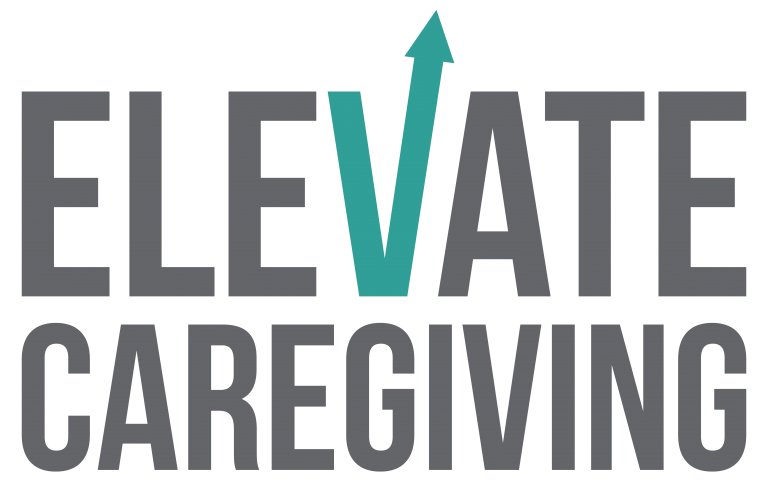Why You Should Have a Living Will and Advance Health Directives
When it comes to healthcare, making decisions about your medical treatment is crucial, especially in situations where you may not be able to express your wishes due to illness, injury, or incapacitation. This is where a Living Will and Advance Health Directives come into play. Though the terms are often used interchangeably, they serve distinct functions. Both are vital tools that provide clarity and guidance to your family, loved ones, and medical team about the care you wish to receive should you become unable to communicate your preferences.
In the context of self-directed services, where individuals have control over their own care and decision-making, having these documents in place becomes even more critical. Let’s break down what these documents are, their benefits, and why they’re important in today’s world.
What Is the Difference Between a Living Will and Advance Health Directives?
Living Will:
A living will is a written statement that outlines your specific wishes regarding medical treatments and procedures you would or would not want to receive if you become terminally ill, permanently unconscious, or unable to communicate due to incapacitation. This document typically covers situations such as whether you want life-sustaining treatments like mechanical ventilation or feeding tubes if you are in a state where recovery is unlikely.
Advance Health Directives:
An Advance Health Directive is a broader, more comprehensive legal document that may include a living will but also encompasses a wider range of instructions. An advance directive allows you to appoint a healthcare proxy—a person who will make medical decisions on your behalf if you are unable to do so. It often contains both your treatment preferences (like a living will) and guidance on who will make decisions if you’re incapacitated. In addition, it can address specific issues like organ donation, palliative care preferences, and the handling of specific medical conditions.
Benefits of Having a Living Will and Advance Health Directives
- Clarity and Peace of Mind
One of the most significant benefits of having these documents is providing clarity for your family and healthcare providers. Without a living will or advance directive, your loved ones may have to make difficult decisions without knowing your preferences, which can cause stress and confusion. By creating these documents, you give your family peace of mind, knowing that they can honor your wishes in difficult situations. - Control Over Your Medical Decisions
These documents put you in control of your healthcare, even when you’re unable to voice your preferences. A living will specifies your wishes about end-of-life care, and an advance directive ensures that your designated healthcare proxy will make decisions based on your values and desires, not on assumptions or what others think is best for you. - Prevents Unnecessary Treatments
In certain circumstances, you may not want certain life-sustaining treatments, especially if you are facing an irreversible medical condition. A living will clearly outlines your wishes about such treatments, preventing unnecessary interventions that might prolong suffering or lead to complications, ultimately ensuring that your care is aligned with your values. - Reduce Family Conflict
The emotional burden on family members during a medical crisis can be overwhelming, especially when there’s uncertainty about what you would have wanted. Having an advance health directive in place can reduce conflicts by removing the guesswork from the situation and providing clear guidance on your preferences. - Better Communication with Healthcare Providers
These documents act as a tool for open communication between you, your family, and your healthcare team. Healthcare providers will be able to refer to your advance directive to understand your care preferences, reducing the likelihood of misunderstandings and ensuring that everyone involved in your care is on the same page.

Why Is This Important in the World of Self-Directed Services?
In the world of self-directed services, individuals have more autonomy and control over their healthcare and services. This means you can choose your healthcare providers, manage your care, and make decisions about your daily life and well-being. However, this level of independence can also make it more challenging for your support network and healthcare team to navigate decisions when you’re unable to voice your preferences.
Here’s why living wills and advance health directives are particularly essential in the realm of self-directed services:
- Empowerment and Continuity of Care: With self-directed services, you’re taking an active role in shaping your care. Living wills and advance directives ensure that, even in your absence or incapacitation, your care continues according to your choices. This ensures continuity, aligning medical care with the individual’s expressed desires.
- Reducing the Burden on Caregivers: If you are working with caregivers, family, or friends who are helping manage your services, advance directives take the burden of decision-making off their shoulders in times of crisis. This is especially important for caregivers who may not be familiar with your healthcare preferences or who may be unsure of what treatments are acceptable.
- Protecting Your Rights: When navigating the complexities of self-directed services, there can be a lot of paperwork and regulations to manage. Having a living will and advance health directives ensures that your rights are protected and your voice is heard, even if you cannot physically communicate your wishes.
- Minimizing Crisis-Driven Decisions: Self-directed services often involve managing day-to-day life and services without a traditional medical team overseeing all decisions. In times of crisis, decisions about life-sustaining treatments or end-of-life care may need to be made quickly. Having these documents in place allows you to prepare in advance and avoid decisions being made in haste.
Conclusion
A Living Will and Advance Health Directives are crucial documents that ensure your healthcare wishes are respected, even when you cannot communicate them. These tools are especially important in self-directed services, where individuals take an active role in managing their care. By taking the time to create these documents, you provide clarity, reduce stress on loved ones, and ensure that your medical decisions align with your values.
In a world where autonomy and control over personal care are becoming more prevalent, securing your healthcare future with a living will and advance directive is not just wise—it’s essential for peace of mind, for you and for those you care about.
If you are looking for more information about establishing a Living Will and Advance Health Directives, visit the National Institute on Aging.

by Cody Waits
Communications and Training Director







